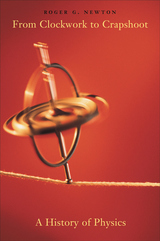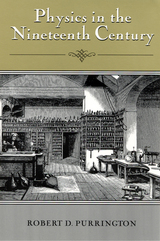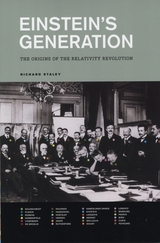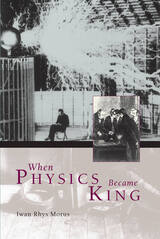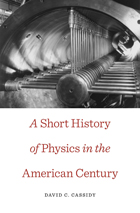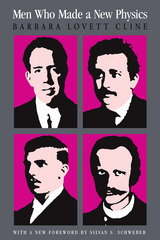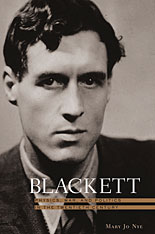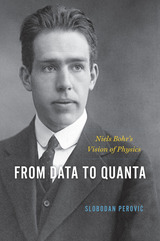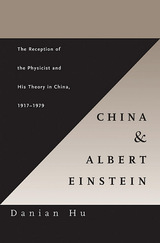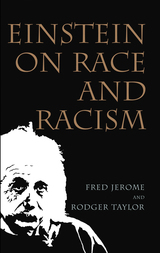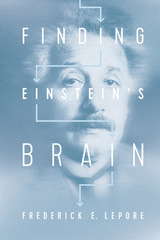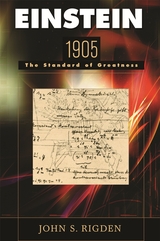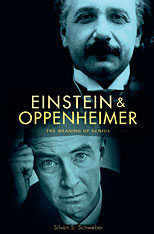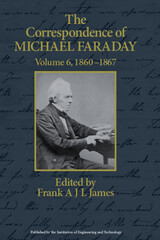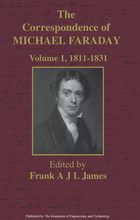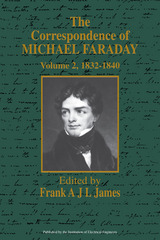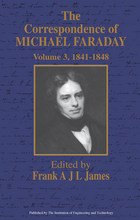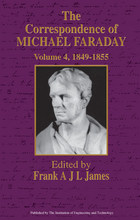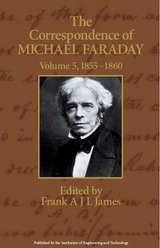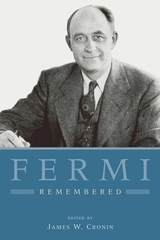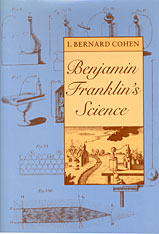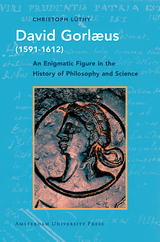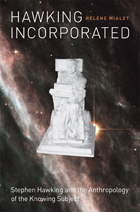Finding Einstein's Brain
Rutgers University Press, 2018
eISBN: 978-0-8135-8040-1 | Paper: 978-0-8135-8039-5
Library of Congress Classification QC16.E5L378 2018
Dewey Decimal Classification 612.82
eISBN: 978-0-8135-8040-1 | Paper: 978-0-8135-8039-5
Library of Congress Classification QC16.E5L378 2018
Dewey Decimal Classification 612.82
ABOUT THIS BOOK | AUTHOR BIOGRAPHY | REVIEWS | TOC
ABOUT THIS BOOK
Albert Einstein remains the quintessential icon of modern genius. Like Newton and many others, his seminal work in physics includes the General Theory of Relativity, the Absolute Nature of Light, and perhaps the most famous equation of all time: E=mc2.
Following his death in 1955, Einstein’s brain was removed and preserved, but has never been fully or systematically studied. In fact, the sections are not even all in one place, and some are mysteriously unaccounted for! In this compelling tale, Frederick E. Lepore delves into the strange, elusive afterlife of Einstein’s brain, the controversy surrounding its use, and what its study represents for brain and/or intelligence studies.
Carefully reacting to the skepticism of 21st century neuroscience, Lepore more broadly examines the philosophical, medical, and scientific implications of brain-examination. Is the brain simply a computer? If so, how close are we to artificially creating a human brain? Could scientists create a second Einstein? This “biography of a brain” attempts to answer these questions, exploring what made Einstein’s brain anatomy exceptional, and how “found” photographs--discovered more than a half a century after his death--may begin to uncover the nature of genius.
Following his death in 1955, Einstein’s brain was removed and preserved, but has never been fully or systematically studied. In fact, the sections are not even all in one place, and some are mysteriously unaccounted for! In this compelling tale, Frederick E. Lepore delves into the strange, elusive afterlife of Einstein’s brain, the controversy surrounding its use, and what its study represents for brain and/or intelligence studies.
Carefully reacting to the skepticism of 21st century neuroscience, Lepore more broadly examines the philosophical, medical, and scientific implications of brain-examination. Is the brain simply a computer? If so, how close are we to artificially creating a human brain? Could scientists create a second Einstein? This “biography of a brain” attempts to answer these questions, exploring what made Einstein’s brain anatomy exceptional, and how “found” photographs--discovered more than a half a century after his death--may begin to uncover the nature of genius.
See other books on: 1879-1955 | Brain | Dissection | Einstein, Albert | Neuroscience
See other titles from Rutgers University Press

